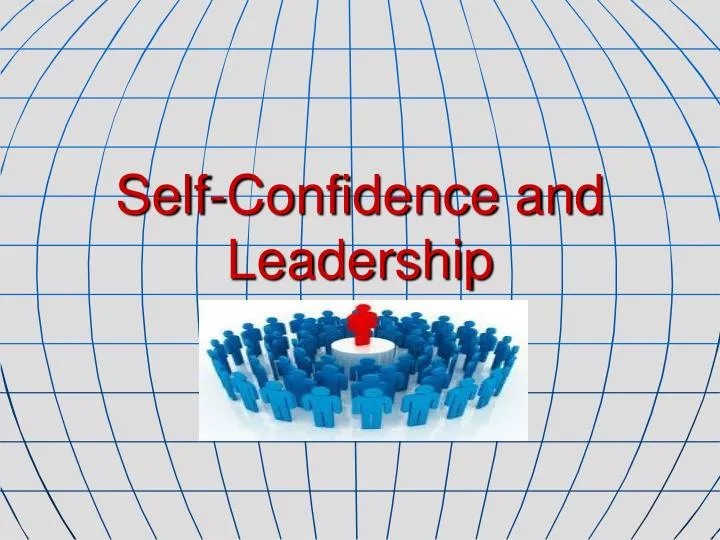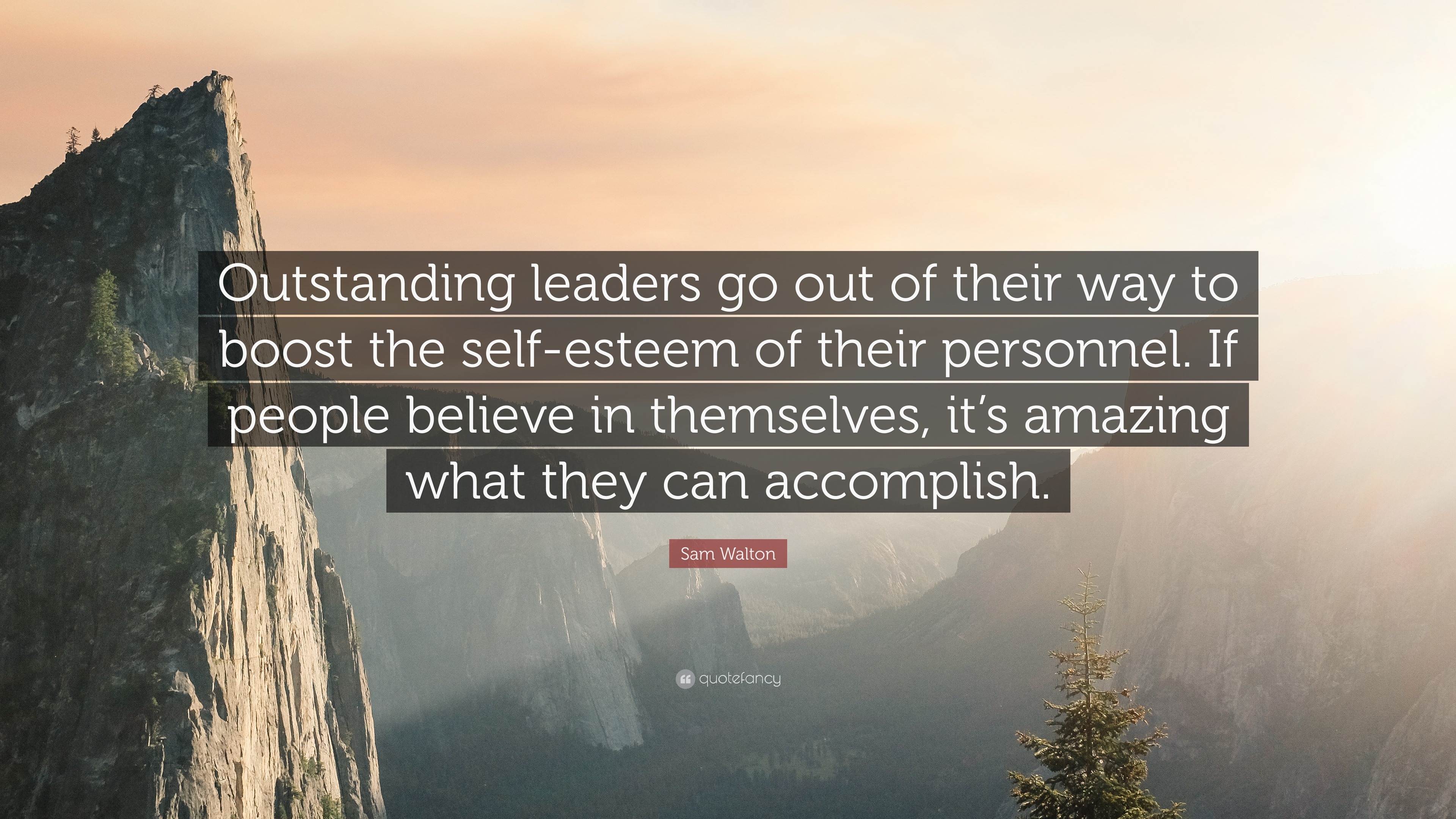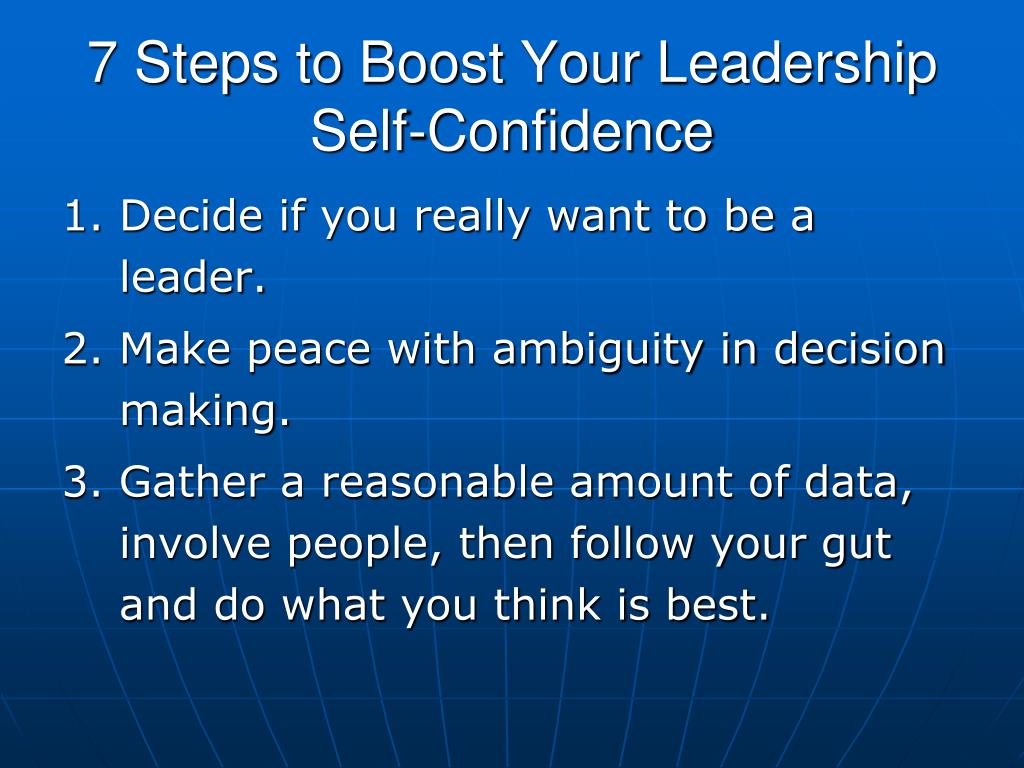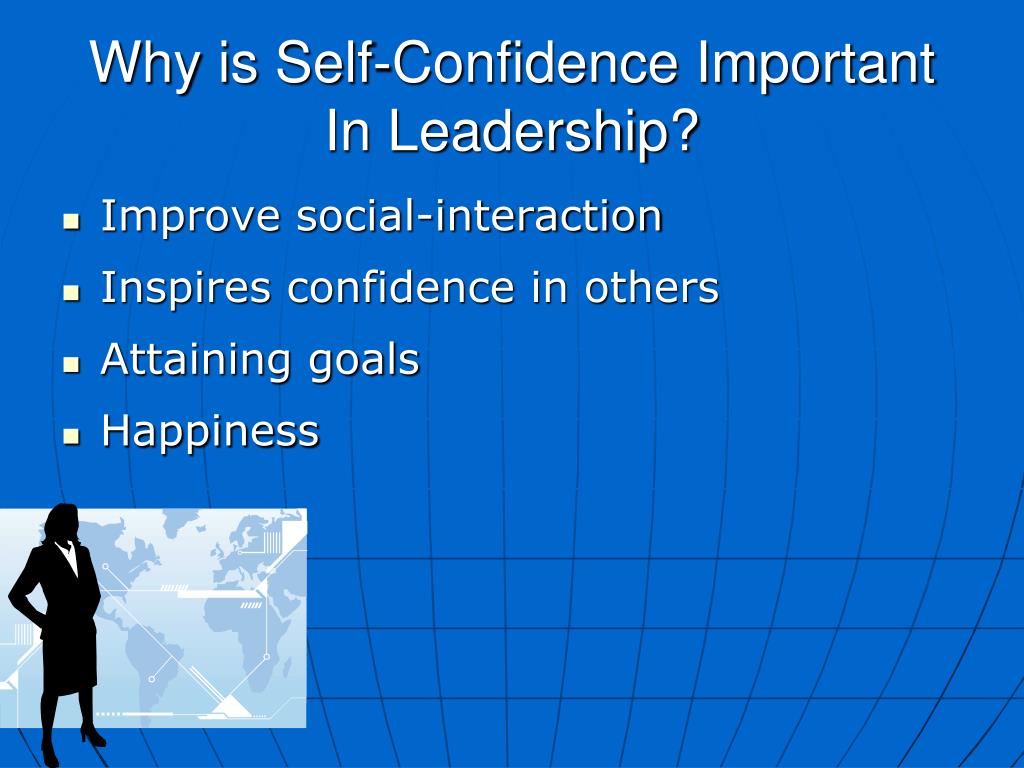Self-confidence And Leadership Success
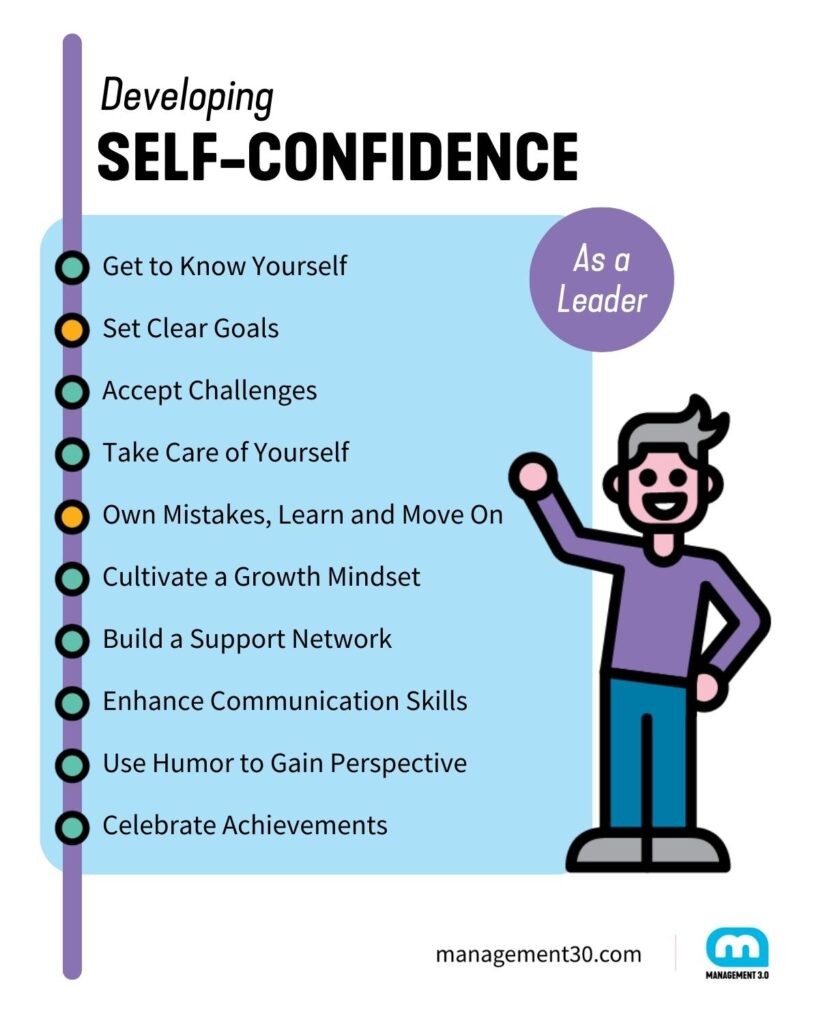
In the high-stakes arena of leadership, where decisions can ripple through organizations and impact countless lives, one often-overlooked element stands as a cornerstone of success: self-confidence. More than just a positive feeling, it's the bedrock upon which effective leadership is built, enabling individuals to navigate challenges, inspire teams, and drive impactful change.
This article delves into the intricate link between self-confidence and leadership efficacy. It explores how a leader's belief in their abilities influences decision-making, team dynamics, and overall organizational performance. Drawing from expert insights and research, we examine the key attributes of self-assured leaders and the strategies they employ to cultivate confidence in themselves and their teams.
The Bedrock of Decision-Making
Self-confidence is paramount in decision-making. Leaders face constant pressure to make informed choices under ambiguous circumstances.
A leader who trusts their judgment is more likely to act decisively, even when faced with opposition, according to a 2023 study by the Harvard Business Review.
"Confident leaders are willing to take calculated risks, viewing potential failures as learning opportunities rather than setbacks."
Inspiring and Motivating Teams
A leader's self-assurance permeates the entire team dynamic. When a leader believes in their vision and communicates it with conviction, it fosters a sense of shared purpose and inspires others to follow.
According to a Gallup poll, employees are more likely to be engaged and productive when they perceive their leaders as confident and capable. This creates a virtuous cycle, where a confident leader inspires a confident team, leading to improved performance and morale.
Cultivating Confidence: A Multifaceted Approach
Self-confidence is not an inherent trait but a skill that can be developed and honed over time. Successful leaders often employ a variety of strategies to cultivate and maintain their self-assurance.
One key approach is continuous learning and development. Staying abreast of industry trends and acquiring new skills helps leaders feel more prepared to tackle emerging challenges. Mentorship also plays a crucial role, providing leaders with valuable guidance and support from experienced professionals.
Furthermore, embracing failures as learning experiences is vital for building resilience and self-belief. Rather than dwelling on mistakes, confident leaders analyze them, identify areas for improvement, and move forward with renewed determination.
The Double-Edged Sword: Avoiding Overconfidence
While self-confidence is essential for effective leadership, it's important to acknowledge the potential pitfalls of overconfidence. Overconfidence can lead to arrogance and a disregard for the opinions of others, hindering collaboration and innovation.
The most effective leaders strike a balance, demonstrating confidence in their abilities while remaining open to feedback and diverse perspectives. They cultivate humility and surround themselves with individuals who are willing to challenge their assumptions.
The Role of Emotional Intelligence
Emotional intelligence is deeply intertwined with self-confidence. Understanding one's own emotions and those of others is crucial for building strong relationships and navigating complex social situations.
Leaders with high emotional intelligence are better equipped to manage stress, communicate effectively, and build trust with their teams. This, in turn, fosters a more supportive and collaborative work environment, bolstering both individual and collective confidence.
Organizations are increasingly recognizing the importance of emotional intelligence in leadership development programs.
Looking Ahead: Fostering Confident Leaders for Tomorrow
As the business landscape becomes increasingly complex and volatile, the need for confident leaders will only continue to grow. Organizations must invest in programs that cultivate self-belief, resilience, and adaptability in their leaders.
These programs should focus on providing opportunities for continuous learning, mentorship, and experiential leadership development. By fostering a culture of support and encouragement, organizations can empower their leaders to embrace challenges, inspire their teams, and drive sustainable success. The journey toward leadership excellence is paved with self-confidence, a trait that can be nurtured, refined, and ultimately, transformed into a powerful force for positive change.



